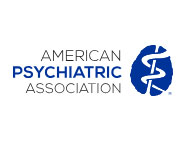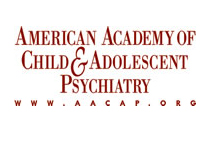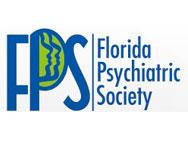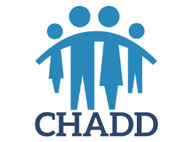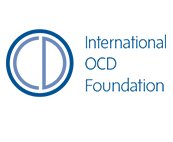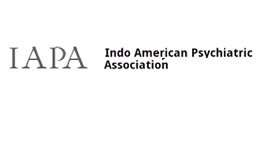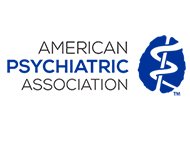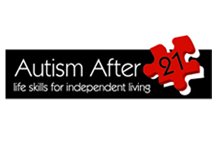The Emotional Side of ADHD: Why “Big Feelings” Are More Than a Social Media Trend

In recent years, social media has been buzzing with stories from teenagers and adults sharing their experiences with attention-deficit/hyperactivity disorder (ADHD). One recurring theme is the intense emotions that many people with ADHD feel, often referred to as “big feelings.” However, these emotional challenges are not just an internet phenomenon—they are a scientifically recognized aspect of ADHD.
The Role of Emotion Dysregulation in ADHD
For many years, ADHD has been defined by its hallmark symptoms of inattention, hyperactivity, and impulsivity. However, recent research has highlighted emotion dysregulation as a significant feature of the disorder. “In the last 15 years or so, we’ve come to realize that emotion dysregulation is a key component of ADHD,” says Paul Rosen, PhD, a clinical psychologist and ADHD researcher.
Emotion dysregulation refers to the difficulty in managing emotional responses, which can lead to intense emotional reactions that are disproportionate to the situation. This can manifest in feelings of frustration, anger, or sadness that are hard to control and may linger longer than expected. Research shows that people with ADHD, particularly those with the combined subtype, are more likely to experience these emotional challenges.
How Emotion Dysregulation Affects Life with ADHD
These emotional challenges can have a broad impact on the lives of people with ADHD, affecting everything from relationships to mental health. Studies show that 30% to 70% of adults with ADHD and 25% to 45% of children with ADHD experience significant emotion dysregulation. For many, this leads to higher levels of anxiety, depression, and difficulties in social settings.
During the COVID-19 pandemic, children and teens with ADHD who struggled with emotional regulation continued to face significant mental health challenges, even after lockdowns were lifted. This underscores the long-lasting effects of emotional dysregulation on overall well-being.
Treatment and Interventions for Emotion Dysregulation in ADHD
While stimulant medications, such as methylphenidate (Ritalin or Concerta), are commonly used to manage ADHD symptoms, their effectiveness in treating emotional symptoms varies. Research suggests that while these medications can help reduce emotional symptoms for some, they are not always a complete solution.
Behavioral interventions can be particularly effective for managing emotional dysregulation. Cognitive behavioral therapy (CBT), social skills training, and parent training programs have all shown promise in helping children with ADHD regulate their emotions. New interventions, like the Managing Frustration for Children with ADHD program, are specifically designed to teach children how to recognize and cope with their emotions in healthy ways.
Looking Forward
Awareness of the emotional side of ADHD is growing, but there is still much work to be done in ensuring that clinicians fully recognize and treat emotion dysregulation as part of the disorder. By acknowledging and addressing these emotional challenges, psychologists and clinicians can offer more comprehensive care to individuals with ADHD, helping them lead more balanced and fulfilling lives.
Reference:
Weir, K. (2024, April 1). Emotional dysregulation is part of ADHD. See how psychologists are helping. Monitor on Psychology, 55(3). https://www.apa.org/monitor/2024/04/adhd-managing-emotion-dysregulation
Dr.Kothari is amazing! She has been my doctor for years...
I have been a patient of Dr. Kothari for over three years. She has invested her heart...
Dr. Kothari has been seeing my sons for seven years. She is a wonderful resource...
Dr. Kothari is very caring. Appointments and waiting times are great...
When we started seeing Dr. Kothari, my son was dealing with a great...
Dr. Kothari has saved my life, this I can say without reservation...

 Patient Forms
Patient Forms Videos
Videos Location
Location





